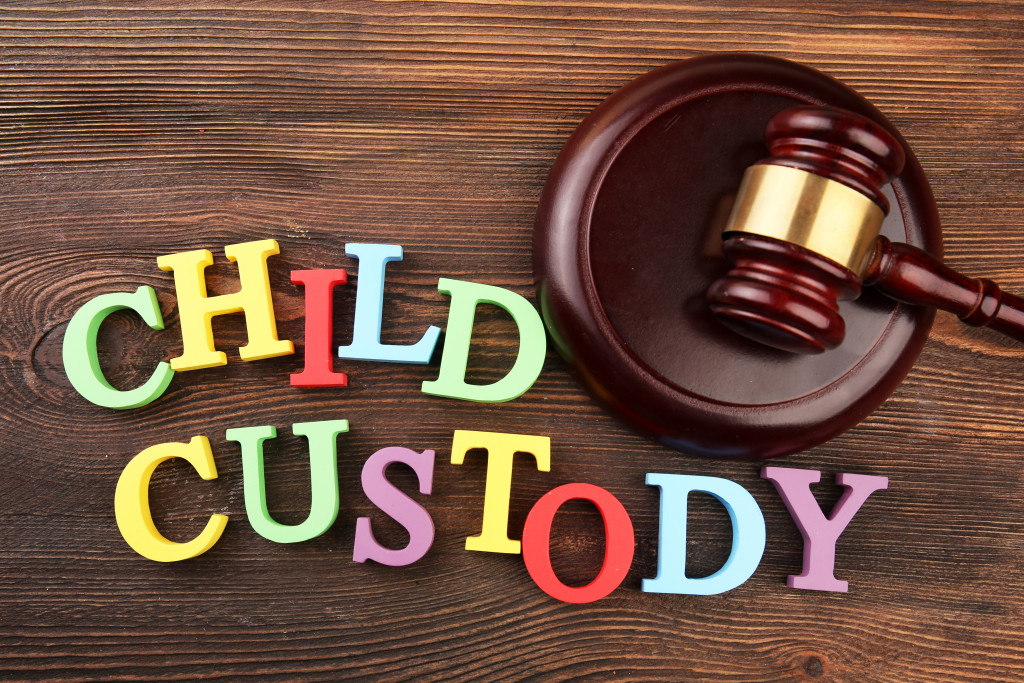- Communities can create safe spaces for open communication through support groups or workshops.
- Legal education workshops can provide accurate information and dispel myths about child custody laws.
- Counseling or therapy sessions can help parents and children process emotions during a custody battle.
- Setting up a resource hub can offer tangible resources like recommended lawyers and financial aid.
- Hiring a reliable process server can ensure effective communication in legal proceedings.
Child custody cases can be emotional and taxing not just for the families involved but for the community at large. A community’s support can be invaluable, providing a foundation of understanding and empathy. For a community aiming to rally around families undergoing child custody battles, here are five actionable tips to offer tangible help and reduce the stresses of the legal process.
1. Create a Safe Space for Open Communication
Being heard can be therapeutic. For those involved in child custody battles, having an avenue to express feelings without judgment can be a salve for the emotional wounds. Communities can create support groups or workshops where parents can share their experiences, fears, and frustrations.
In these groups, fostering an environment of confidentiality and respect is crucial. Ensure that participants know that what’s shared within the group stays within the group and discourage any form of negative judgment or gossip.
2. Organize Legal Education Workshops

Knowledge can often reduce anxiety. Understanding child custody’s legal ins and outs can help parents prepare better and reduce stress. These workshops can also dispel any myths or misconceptions about the custody process. With accurate information, parents are better positioned to make informed decisions for their child’s well-being.
Here are tips for organizing legal education workshops:
Identify Relevant Topics
Start by identifying key topics that are relevant to your audience. This could include an overview of child custody laws, understanding parental rights, and how courts determine the child’s best interests. Tailoring the topics to your community’s needs will benefit the workshop.
Secure Expert Speakers
Find reputable legal experts who can provide reliable and accurate information. This could be local attorneys, judges, or university law professors. Ensure these individuals have expertise in family law, specifically child custody issues, for the highest quality counsel.
Promote the Workshop
Use various channels to publicize your workshops, such as local newspapers, social media platforms, community bulletin boards, and word-of-mouth. The wider the reach, the more parents you can help.
Provide Supportive Material
In addition to verbal presentations, consider creating handouts or guides that attendees can take home for reference. These materials can reinforce the information provided and comfort parents navigating the custody process.
3. Offer Counseling or Therapy Sessions

The emotional toll of a custody case is undeniable. Beyond the apparent stressors, underlying feelings of guilt, failure, or fear for the child’s future can emerge. A community can rally around by offering counseling or therapy sessions for free or at a discounted rate.
Having professional therapists or counselors guide these sessions ensures parents and children have a safe space to process their emotions. These professionals can provide coping mechanisms and tools to handle the emotional ups and downs of the legal battle.
4. Set Up a Resource Hub
Tangible resources can be as beneficial as emotional support. Your community can set up a hub either a physical location or a digital platform — where families can access essential resources. This could include a list of recommended lawyers, testimonies from families who’ve been through the process, and even financial aid for those who need it.
A well-maintained, regularly updated hub ensures that everyone gets timely assistance. It can also be a space where community members can volunteer their skills or services, strengthening the communal bond.
5. Consider Hiring a Process Server
Effective communication is at the heart of any legal case. Ensuring all parties receive court documents promptly and correctly in child custody cases is crucial. This is where hiring a reliable process server becomes invaluable. Communities can assist by having a list of recommended process servers who have a track record of being discreet, respectful, and efficient.
A process server’s role goes beyond just delivering documents. They’re well-versed in legal procedures and can ensure all parties know court dates, mediation sessions, and other pertinent information. By streamlining this aspect of the custody battle, the community helps reduce one more stressor from the already weighty process.
Closing Thoughts
With their inherent emotional and legal challenges, child custody cases require a robust support system. By adopting these five strategies, a community can be that unwavering pillar of support. Remember, it’s about easing the process and ensuring that the child at the heart of the case gets the best possible outcome. Communities can make a challenging time more manageable by fostering open communication, educating, offering therapeutic support, providing resources, and ensuring timely legal communication through a process server.




